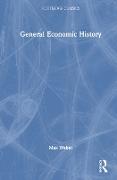Please wait - the print view of the page is being prepared.
The print dialogue opens as soon as the page has been completely loaded.
If the print preview is incomplete, please close it and select "Print again".
If the print preview is incomplete, please close it and select "Print again".


